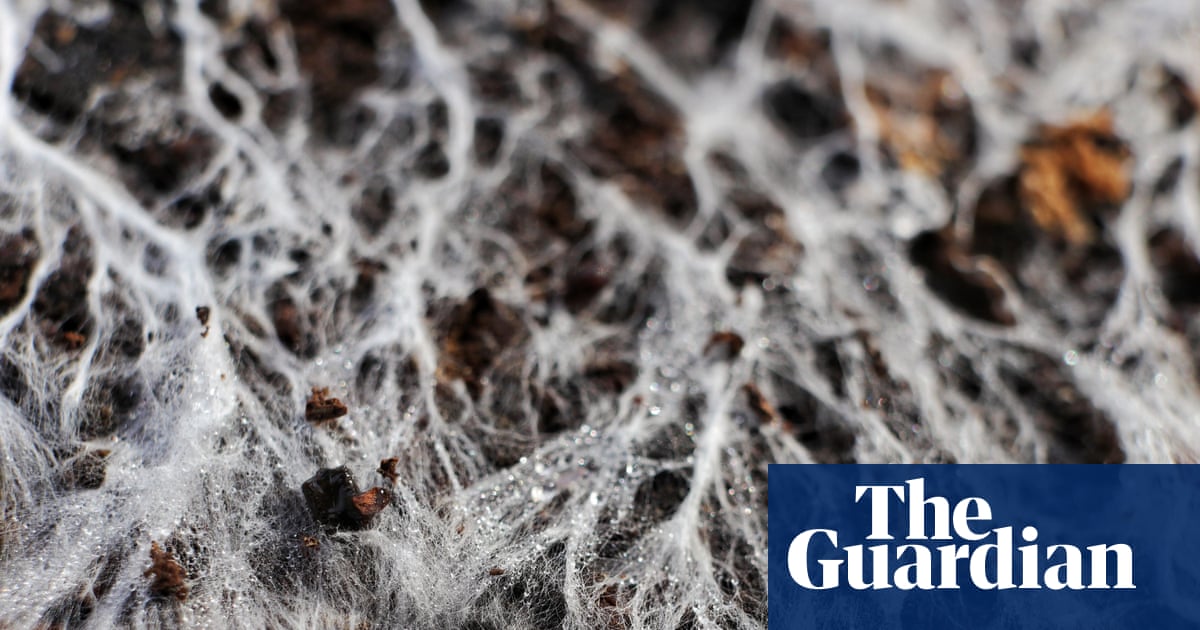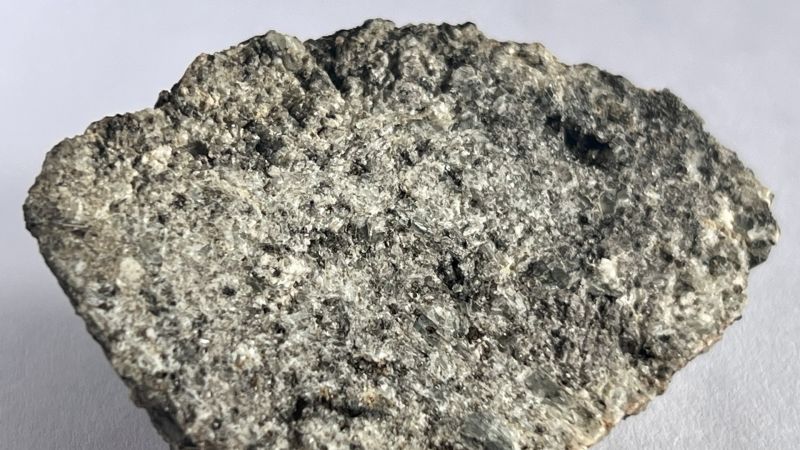T4K3.news
Microplastics found in some of Earth's most remote areas
Research reveals alarming traces of microplastics even in Antarctica.

A global research project uncovers microplastics in some of the planet's most isolated locations.
Remote areas reveal a surprising presence of microplastics
Researchers have found microplastics in remote locations, including Antarctica. Alan Chambers, leading the Mission Spiritus project, collected snow samples from the Antarctic and discovered traces of plastic particles. These findings, which suggest that microplastics are carried by wind, spotlight a troubling issue: pollution is pervasive even in the world's untouched areas. Chambers aims to gather further evidence from deserts and islands across continents, raising awareness about the global microplastic crisis.
Key Takeaways
"Is it snowing plastic in Antarctica?"
Chambers expresses the surprising finding of microplastics in Antarctica, raising alarms about pollution.
"Microplastics are everywhere. They are even in our drinking water and human brains."
Chambers underscores the pervasive issue of microplastic pollution's reach.
This research not only sheds light on the widespread nature of microplastics but also highlights the urgent need for global action. As microplastics appear in our drinking water, oceans, and even human bodies, it's critical to address the sources contributing to this pollution. Chambers’ project may propel discussions about environmental responsibility and the need for policies promoting sustainable practices. The evidence gathered may help drive public action against plastic waste, urging communities to adopt eco-friendly habits.
Highlights
- Microplastics are everywhere, even in the most remote places.
- Are we witnessing the snowing of plastic in Antarctica?
- Every choice to reduce plastic impacts our world.
- This research could change how we view pollution.
Concerns over microplastic pollution
Microplastics present serious health risks and environmental concerns. Their presence in remote locations highlights the extent of this pollution. Continued public attention is crucial for advocating environmental policies.
The findings prompt a reevaluation of our interaction with plastic in everyday life.
Enjoyed this? Let your friends know!
Related News

Microplastics found in human blood raise health concerns

Research calls for urgent action to protect fungal networks

Jay Slater's death ruled an accident in Tenerife

Researchers may have found first meteorites from Mercury

Scots to see total lunar eclipse on September 7

Ancient artifacts reveal Earth's magnetic history

Human remains likely identified as missing US birdwatcher
Martian meteorite sold for over $5 million
